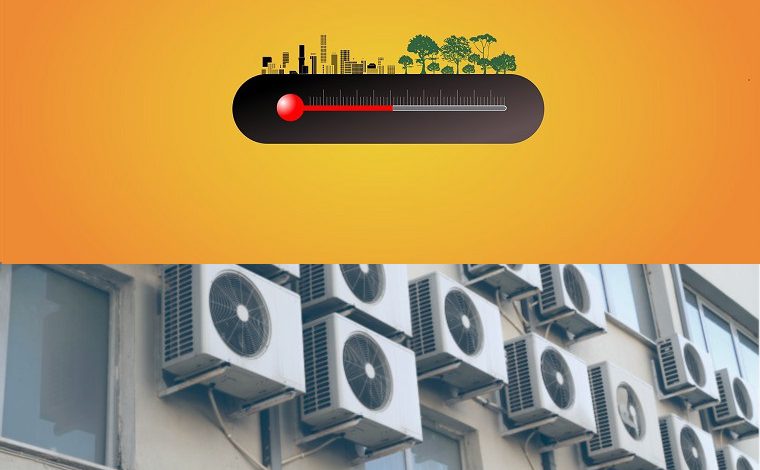As of January 1, 2020, the production, import and use of R-22, except for continuing servicing needs of existing equipment, has been banned.
Because R-22 depletes the ozone layer, production and import was further limited in 2010. In 2020, R-22 will no longer be produced or imported. After 2020, only recovered, recycled, or reclaimed supplies of R-22 will be available. The production (not use) of R-22 is being phased out.
The harmful greenhouse gases used in air conditioner could soon be a thing of the past, thanks to a new deal as part of the ongoing progress in reducing harmful gases. Representatives from over 150 countries met to talk about reducing the use of hydrofluorocarbons, which are also known as HFCs.
This particular type of gas is used specifically in air conditioning and refrigerators, and is the fastest growing environmental pollutant in the world. It’s vital to look at preventing the use of HFCs in the future, as they’re even worse for the environment than carbon dioxide.
Equivalent to two years without fossil fuels
Talks led to an agreement so important that some campaigners have said is equal to stopping the whole world’s fossil fuel emissions for more than two years, and will reduce the temperature of our climate over time. Winding down the use of HFCs will start in 2019 for most of the countries involved in these talks, with some countries like China beginning to reduce their use by 2024, and others including India and Pakistan by 2028.
Progress to date
This latest development is only one in a series of changes to the industry in the UK which have been made to have a positive impact on the environment.
Since 1st January 2010 it has been illegal to use anything other than recycled HFCs in the servicing of any refrigeration and air conditioning equipment.
Since 1st January 2015 it has been illegal to use HFCs at all, even recycled ones, when servicing any refrigeration and air conditioning equipment.
An air conditioning revolution is coming
Not only is this decision huge new for the changing climate, and for international relations, but it’s also pretty big news for the manufacturing industry and of course for the air conditioning sector.
This news means we can expect to see huge changes in the way air conditioning systems work, with new improvements to their environmental impact as well as the ongoing and constant improvements to their functionality.
We welcome any moves to get air conditioning operating as well as possible, and keeping the planet healthy at the same time, and we’re very excited about seeing the air conditioning industry respond to this new challenge.
Greener consumers
Not only is the industry changing, but the customer is changing as well. People now want to make sure they can air condition their homes and workplaces without having a detrimental impact on the environment, and so more and more manufacturers are already investing in new ways to produce systems that are greener and cleaner than ever before.
We’re looking forward to seeing what they come up with, and we’ll continue to bring you the best and most up-to-date units on the market.

